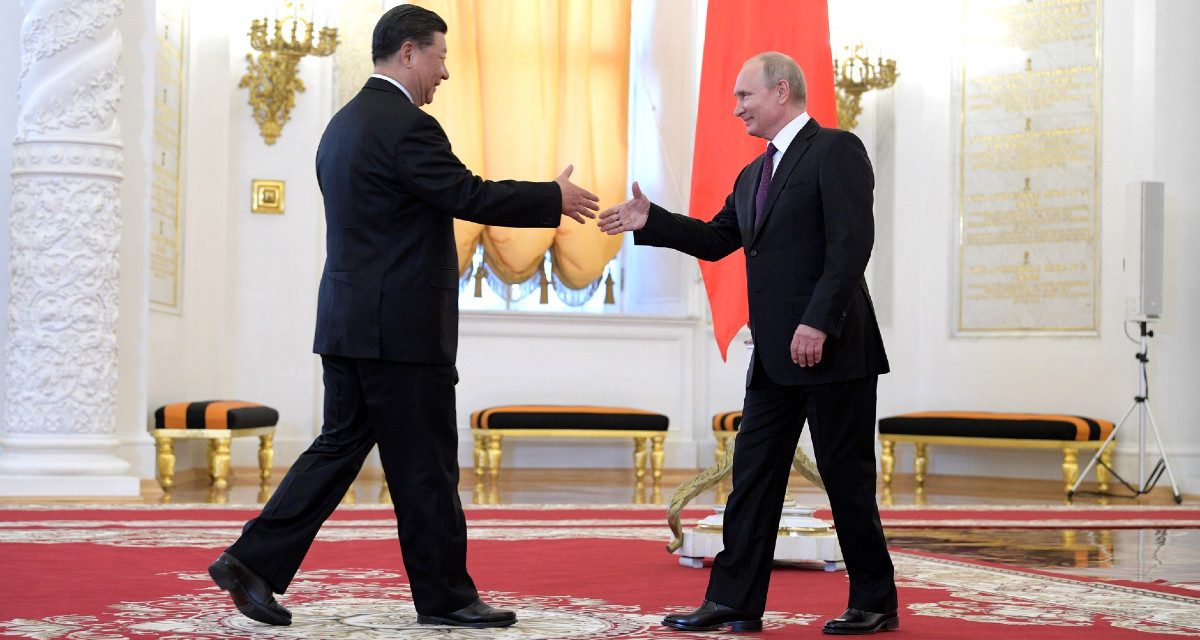Many narratives on geopolitics in the age of COVID-19 include an assumption that the pandemic is pushing Beijing and Moscow closer together as allies. The two are old hands at orchestrated disinformation and misinformation campaigns, the argument goes, and the pandemic has provided a vehicle for them. Both reject US hegemony and believe the international order should reflect a multipolar reality.
There’s also the fact that the Russian Far East, with its sparse and declining population, borders a burgeoning China. The two countries have a neat energy-security dynamic, with the world’s largest gas reserves located next to the world’s largest gas consumer.
Both Russia and China are on Washington’s blacklist for challenging the liberal, rules-based order and intensifying great-power competition.
Yet, beneath these commonalities are calcified divisions that will ensure no strong alliance materializes.
Read the full article at The Strategist.
Elizabeth Buchanan is a lecturer in strategic studies at Deakin University, delivering the defence and strategic studies course at the Australian War College in Canberra, and a Non-Resident Fellow at the Modern War Institute. She tweets at @BuchananLiz.
The views expressed are those of the author and do not reflect the official position of the United States Military Academy, Department of the Army, or Department of Defense.
Image credit: kremlin.ru

